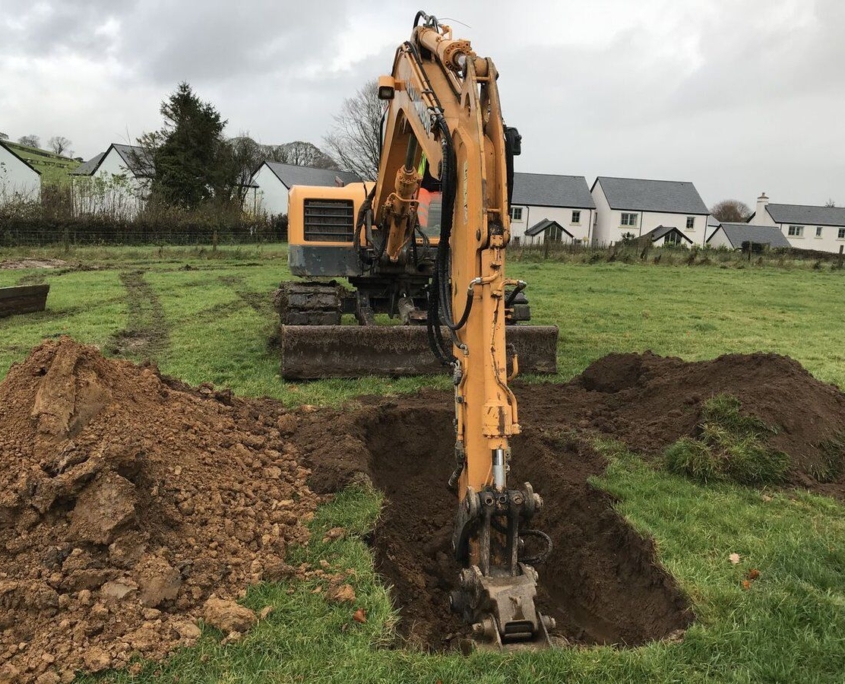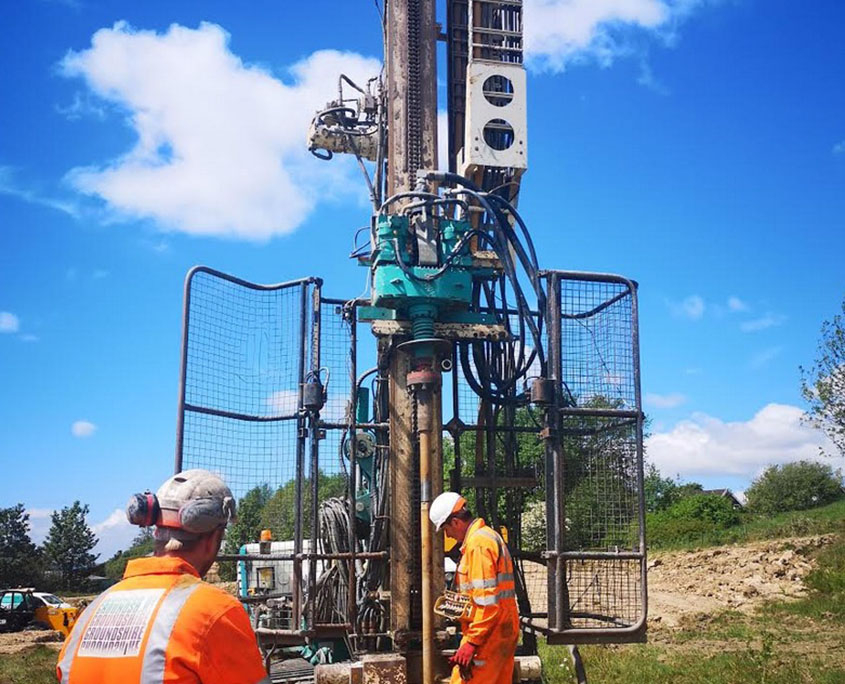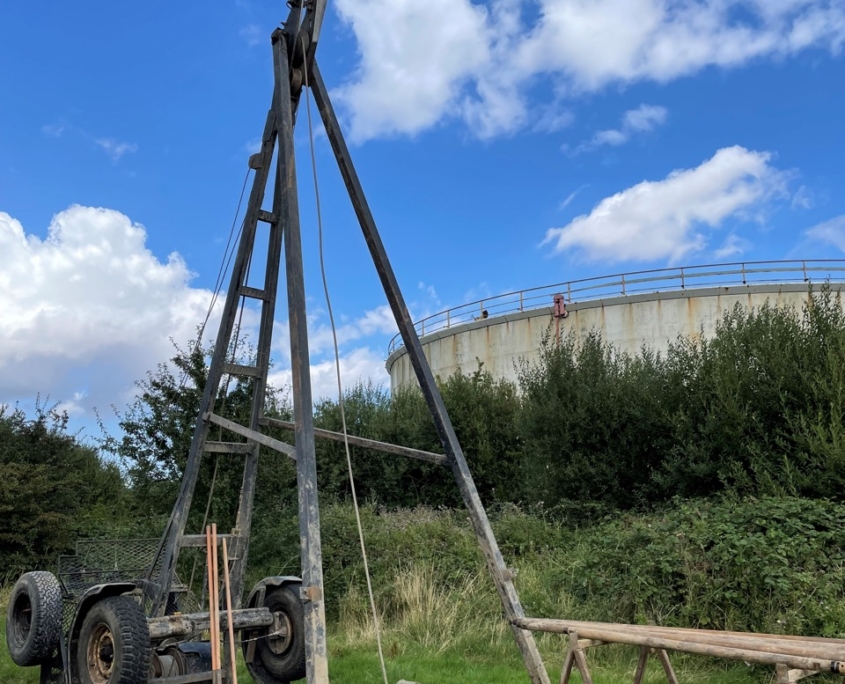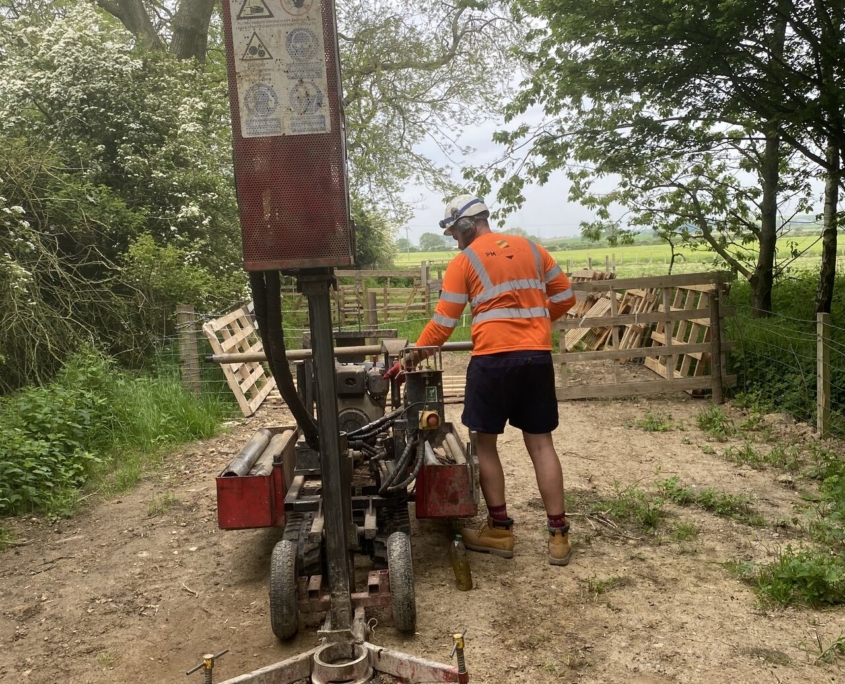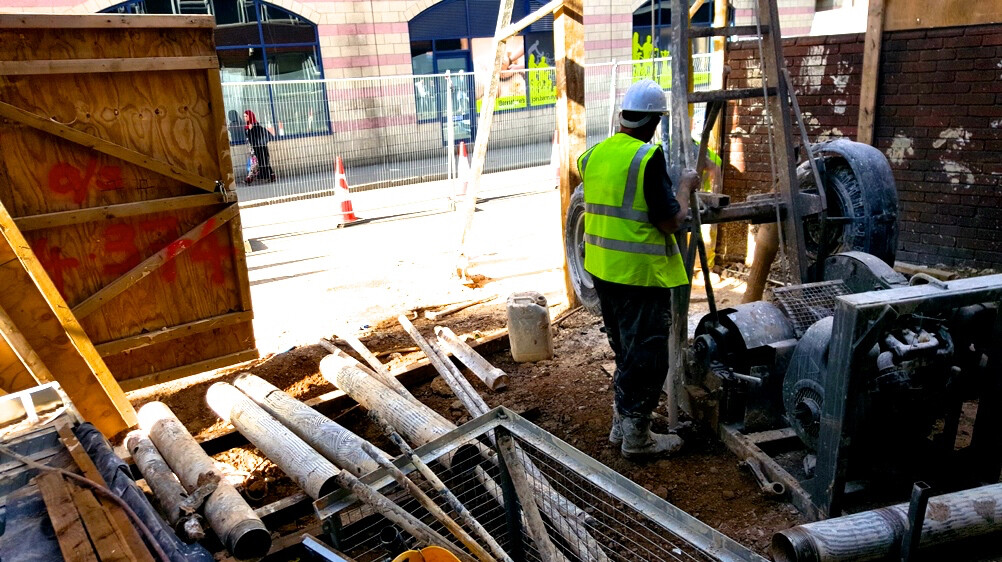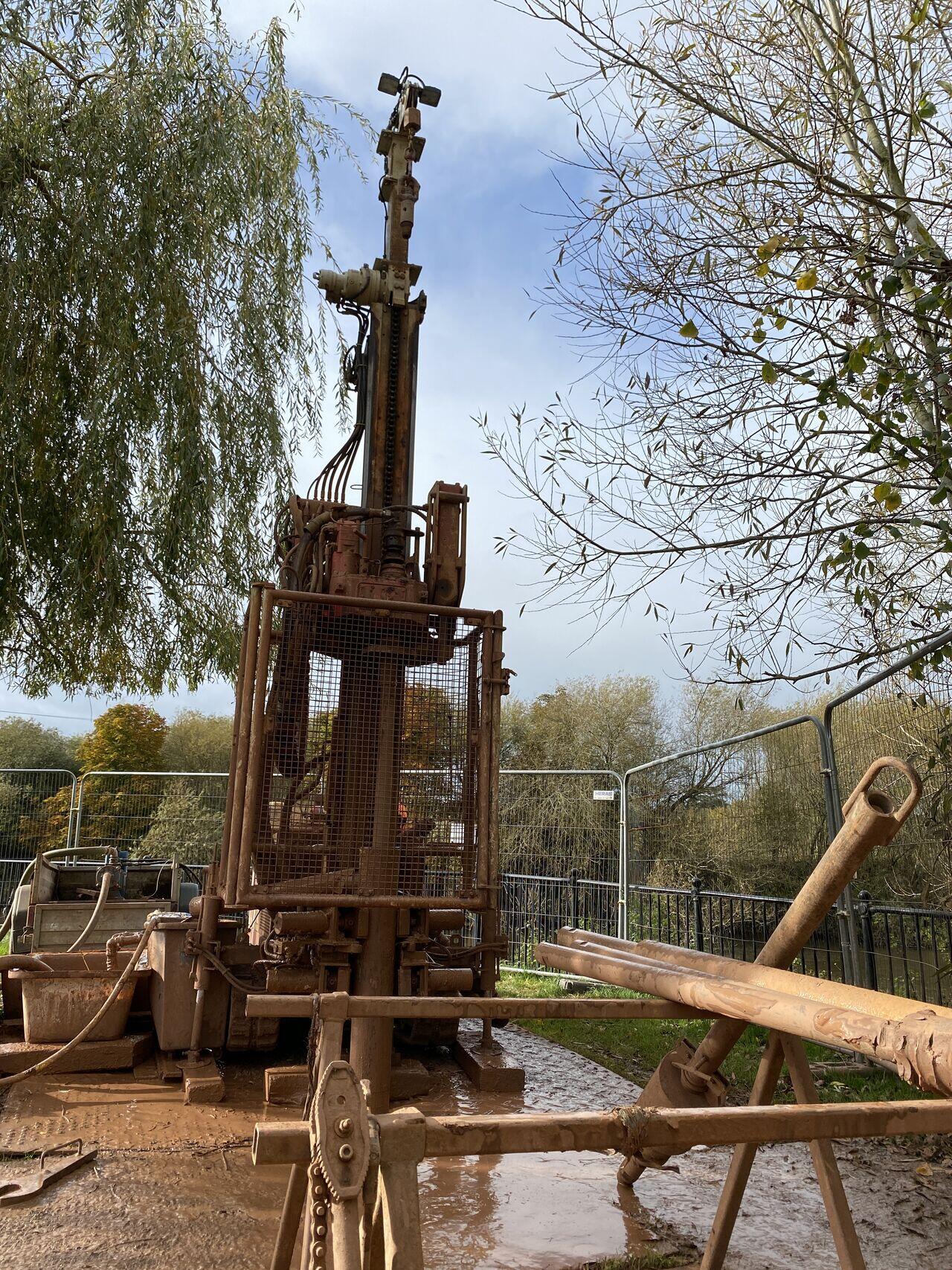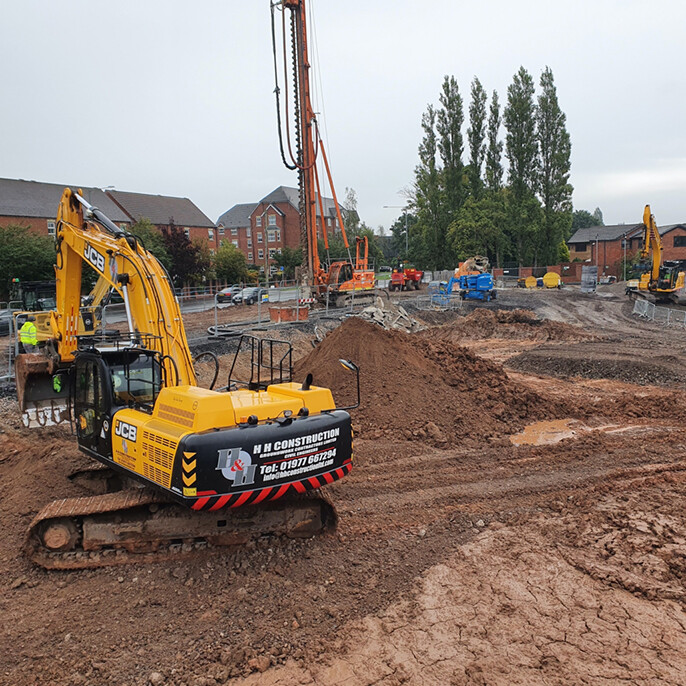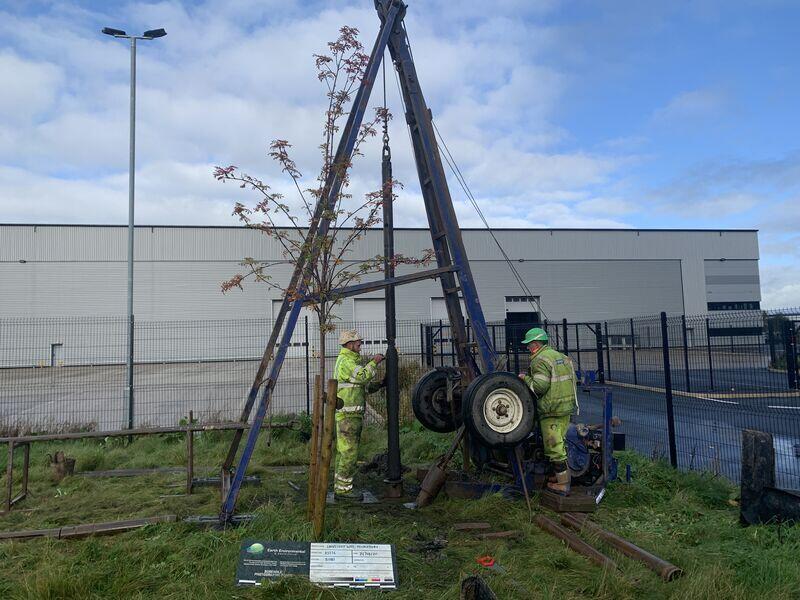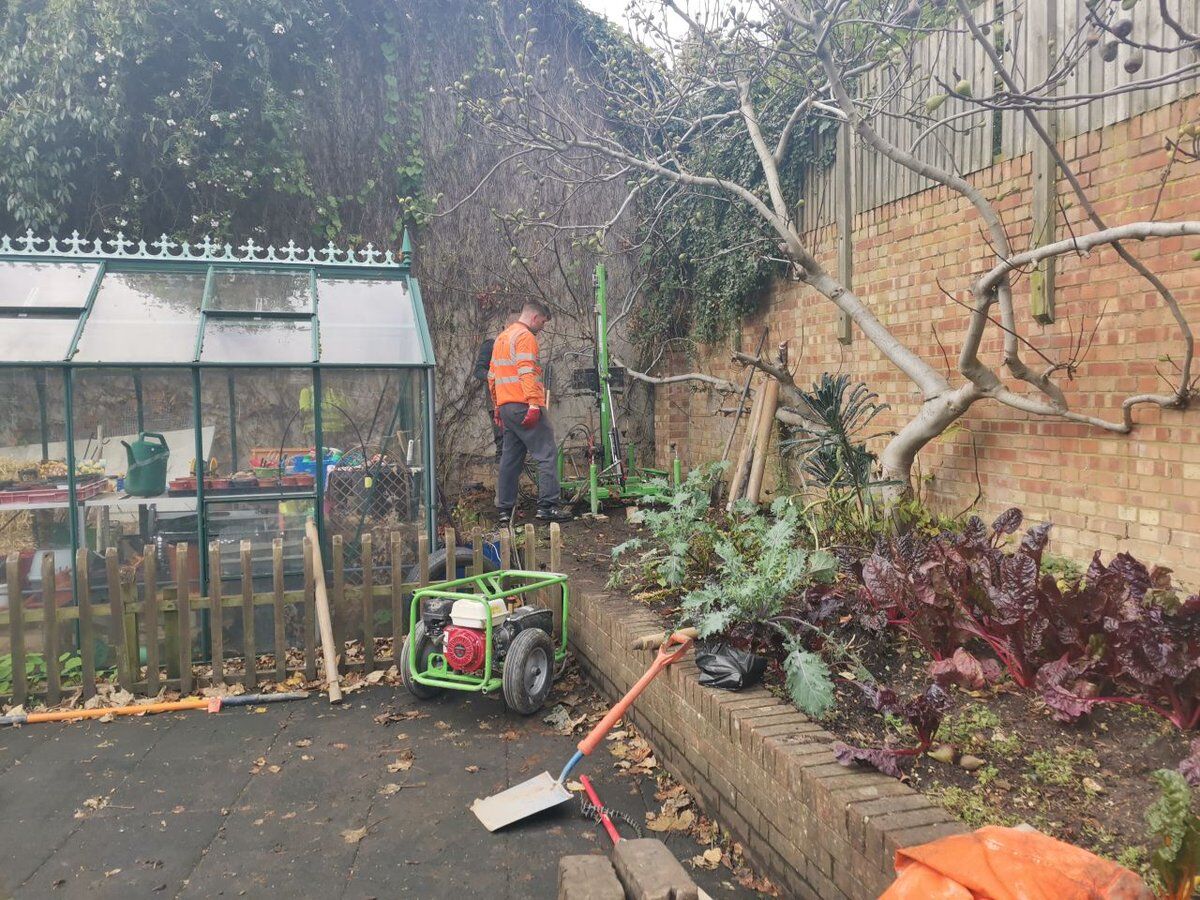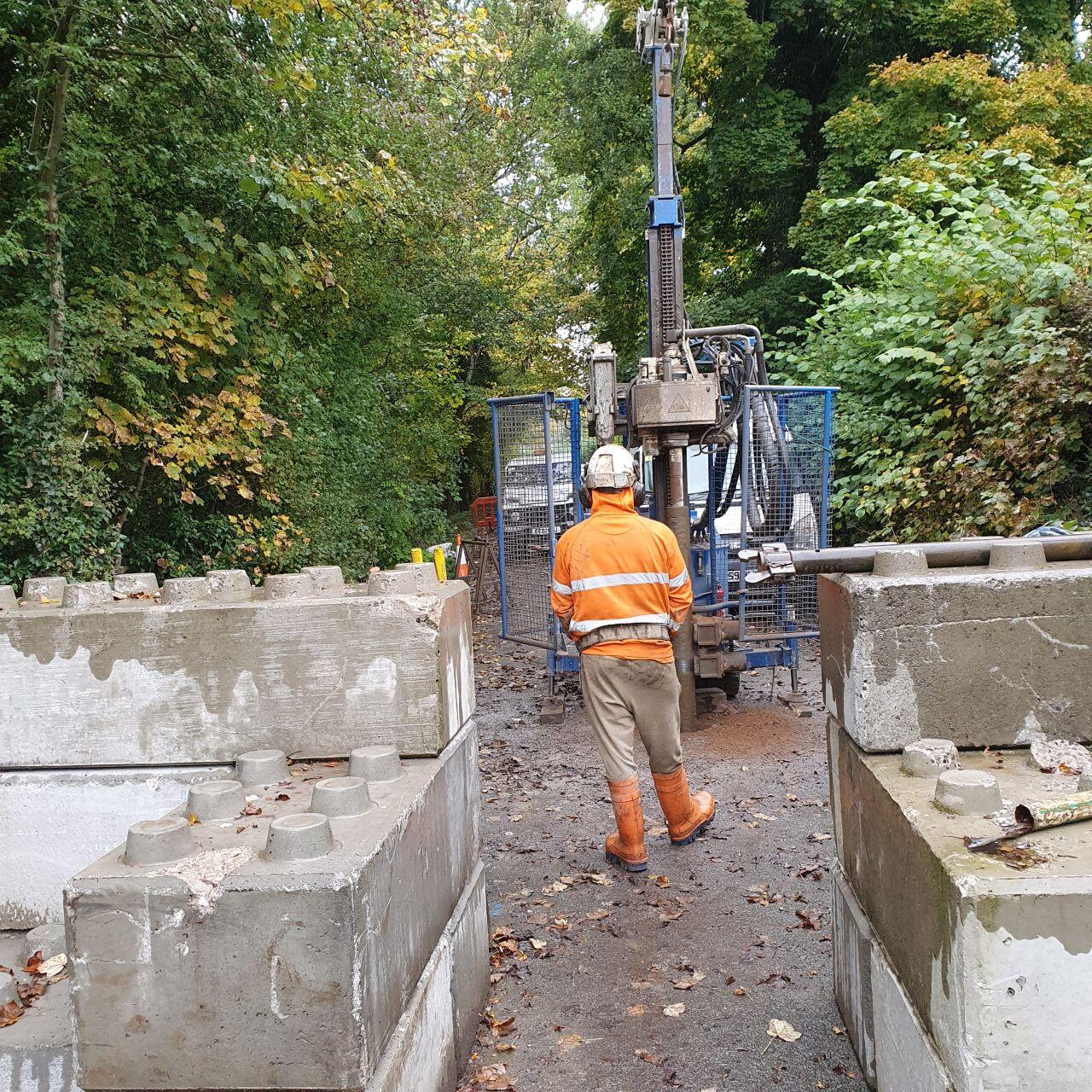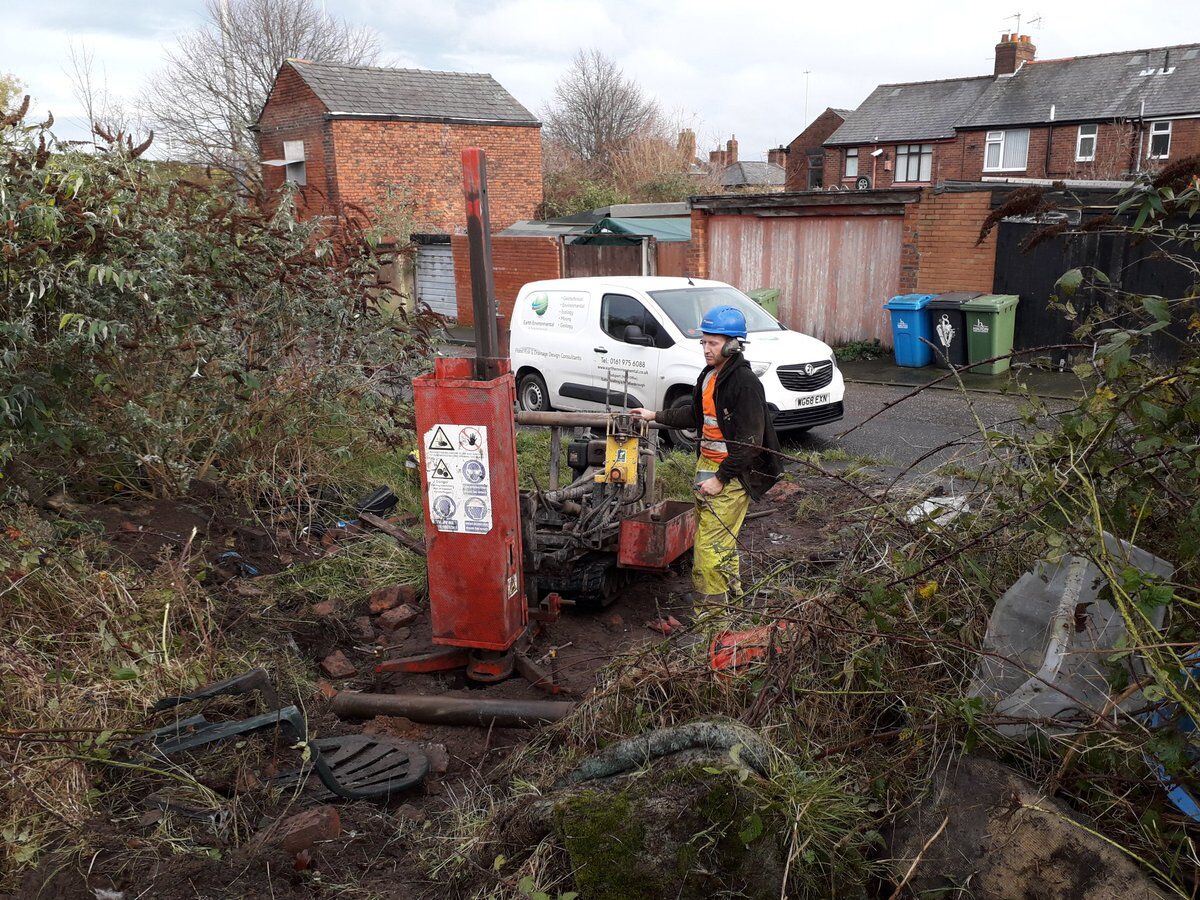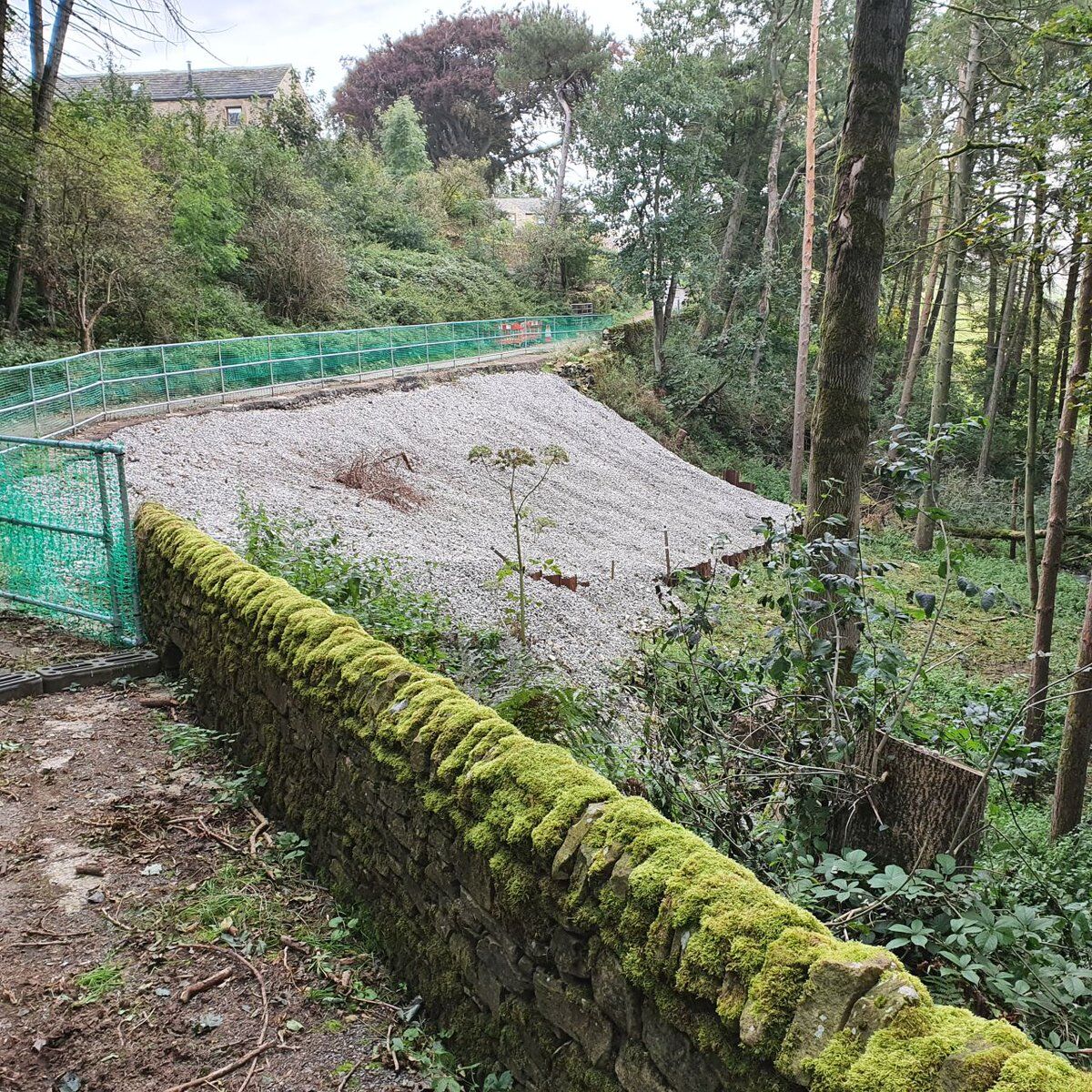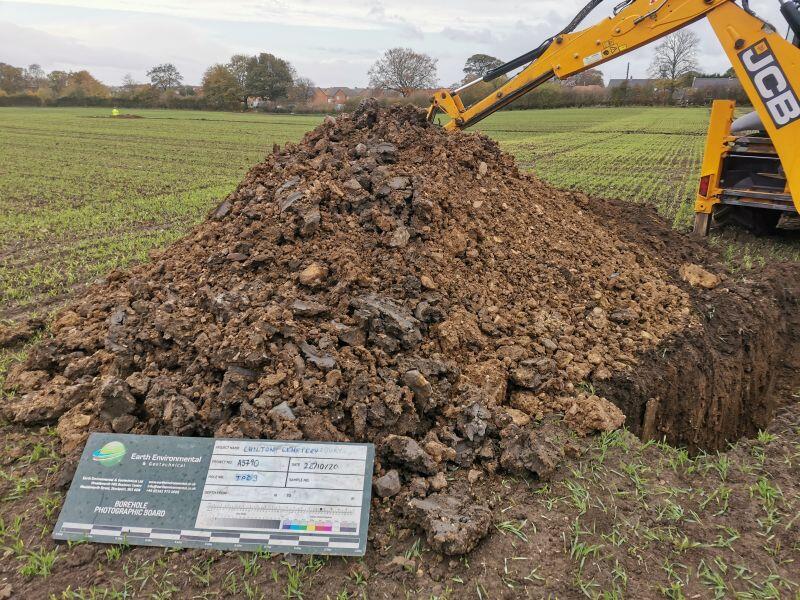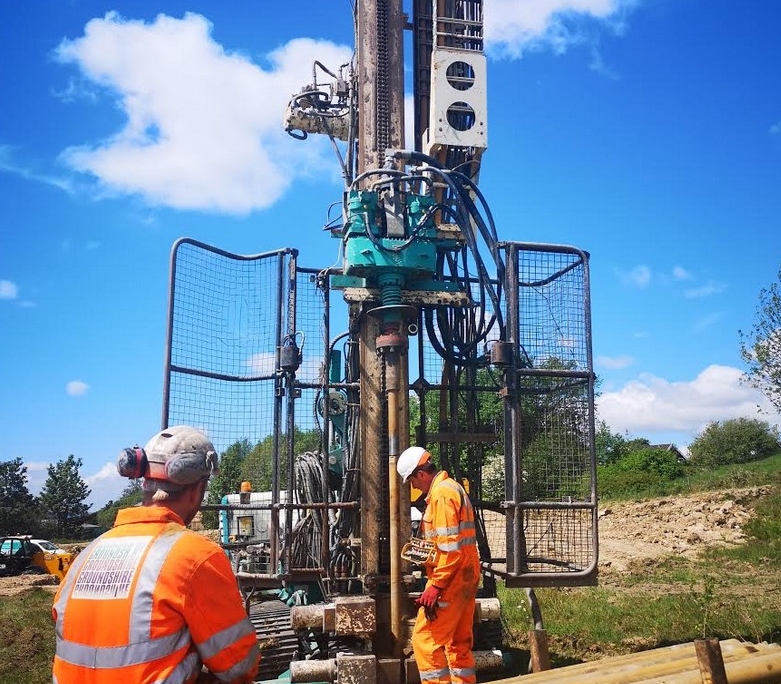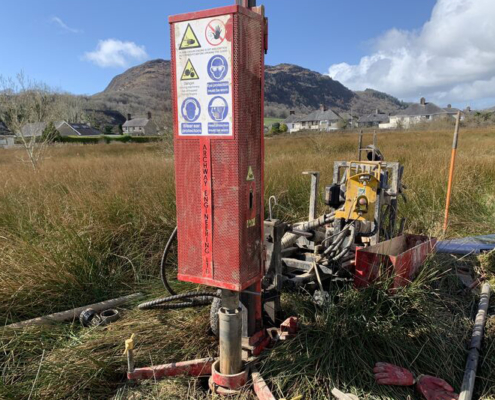What are Ground Investigations?
Ground investigations are sub surface investigation and examination of the soil, rocks and groundwater below the surface. Ground Investigations should ideally follow the desk based study (Phase I Desk Study) and site walkover survey which will have identified areas of concern requiring further intrusive subsurface investigation.
The phase 1 desk study with site walkover survey will advise the strategy to be implemented for the ground investigations and the techniques best suited to the specific site.
Contact Us now to discuss your development project
What is a Ground Investigation Survey?
A ground Investigation survey is a 3 step process to achieve a detailed understanding of the soil parameters, rock and groundwater which impact the ground conditions of the development site. An accurate understanding of the ground conditions is necessary for all construction projects to be successful. The Ground Investigations will identify potential risks for your specific development. Then Earth Environmental have the expertise and experience to advice on what steps you can taketo mitigate these risks.
Step 1 – Complete the (Phase I Desk Study) and site walkover.
Using the interpretive report potential development issues, environmental and cost liabilities will be highlighted requiring further investigation. Before the ground investigations commence further pre site surveys may be completed for example.
A whole range of site specific pre site surveys can be completed depending on the requirements of your development land.
Step 2 – On site Ground Investigations.
The phase 1 desk study will define the scope of work for the preliminary ground investigations. A number of methods are used to obtain samples and to monitor and test them. For example, boreholes may be dug by hand around utility pipelines or by using a rig in more open areas. Ground investigation (GI) may also require digging of a trial pit or trench.
Ground Investigation Intrusive Techniques Examples:
Step 3 – Post Site Investigations
Once the preliminary ground investigations have been completed the results are analysed. If further site investigations are required these can be completed by our multidisciplined teams these could include:
An interpretive report will then be compiled from all the information and data gathered from the ground investigations, testing, monitoring for the site.
Earth Environmental & Geotechnical have been involved in Environmental & Geotechnical ground investigations for a wide range of developments. Contact us now to discuss your development
All Ground investigations are conducted in accordance with strict and well defined health and safety practices with site specific method statements and risk assessments provided. Prior to commencement on site service (gas sewers, electricity etc.) information is acquired from the client (or its agents) with utility tracing conducted, if required.
Many site investigations are conducted to discharge planning conditions and our staff always ensure, time permitting, that prior to delivery of a costed proposal an outline of the proposed works are initially discussed with the regulatory authorities.
Our staff have extensive experience in the design of geotechnical, mining and environmental site investigations in accordance with current best technical practices and planning guidance. The team are able to manage geotechnical and geo-environmental investigations for the most demanding of sites. Our multidisciplined teams include engineers, geologists, environmental scientists, drillers and technicians who are experienced in all aspects of ground investigation and remediation works.
In-house drilling rigs are wherever possible used for drilling work, with approved quality sub-contractors used for projects (where necessary).


